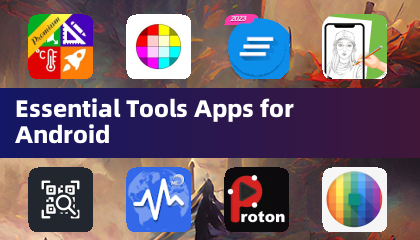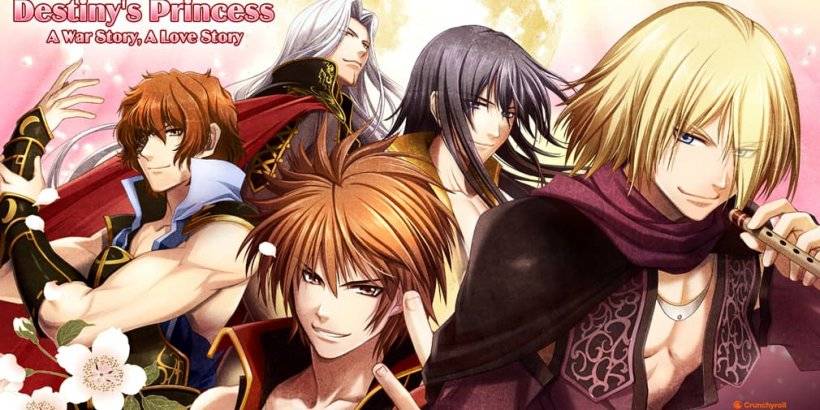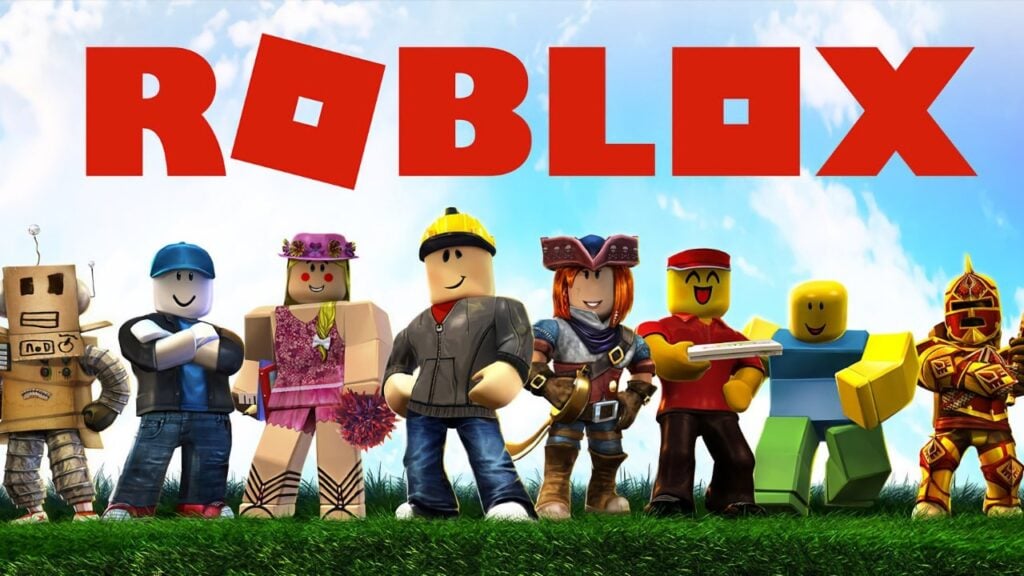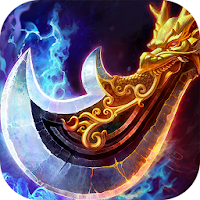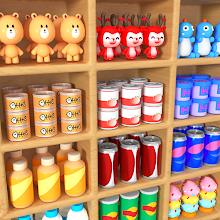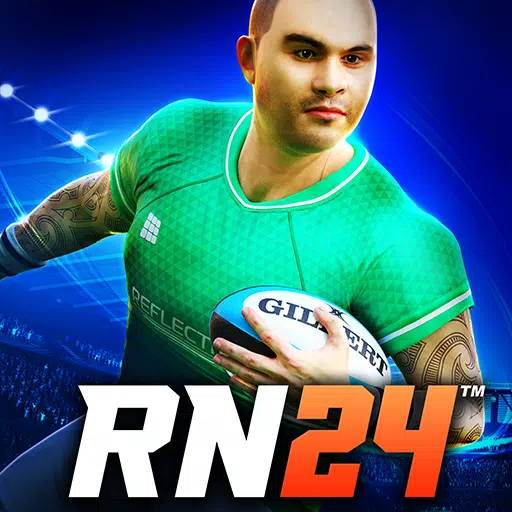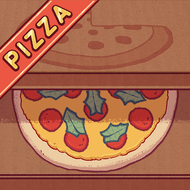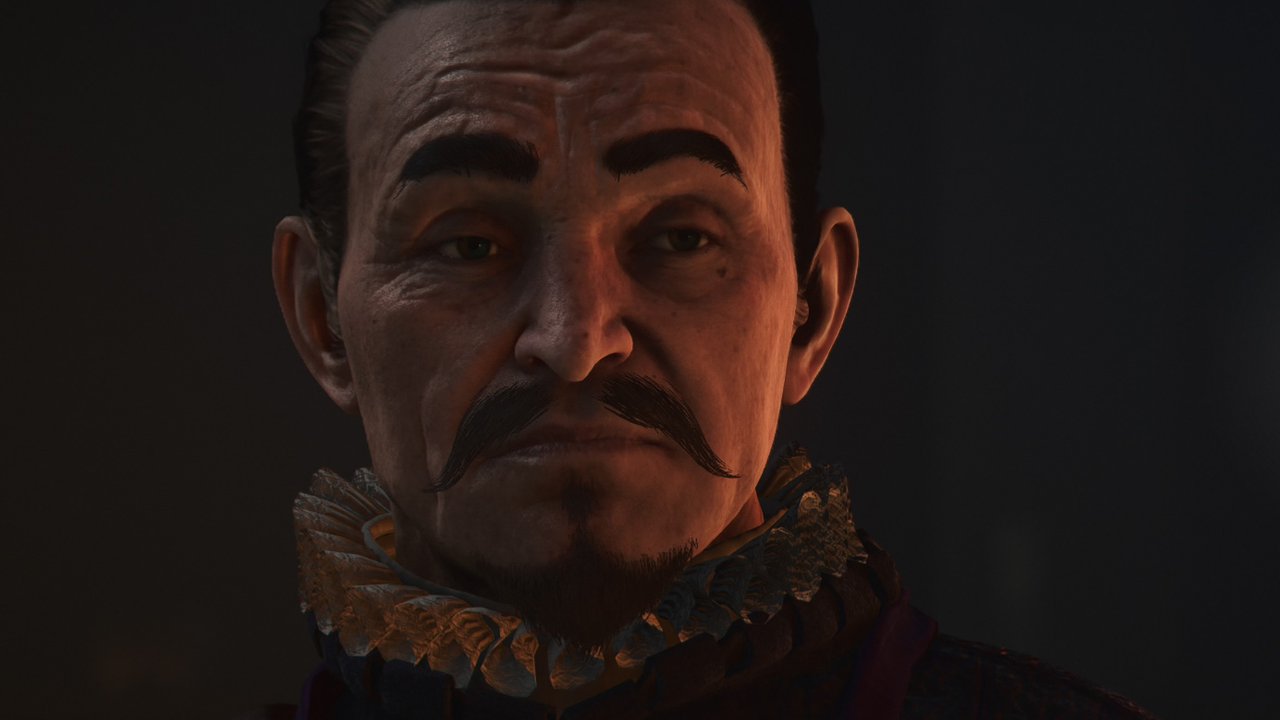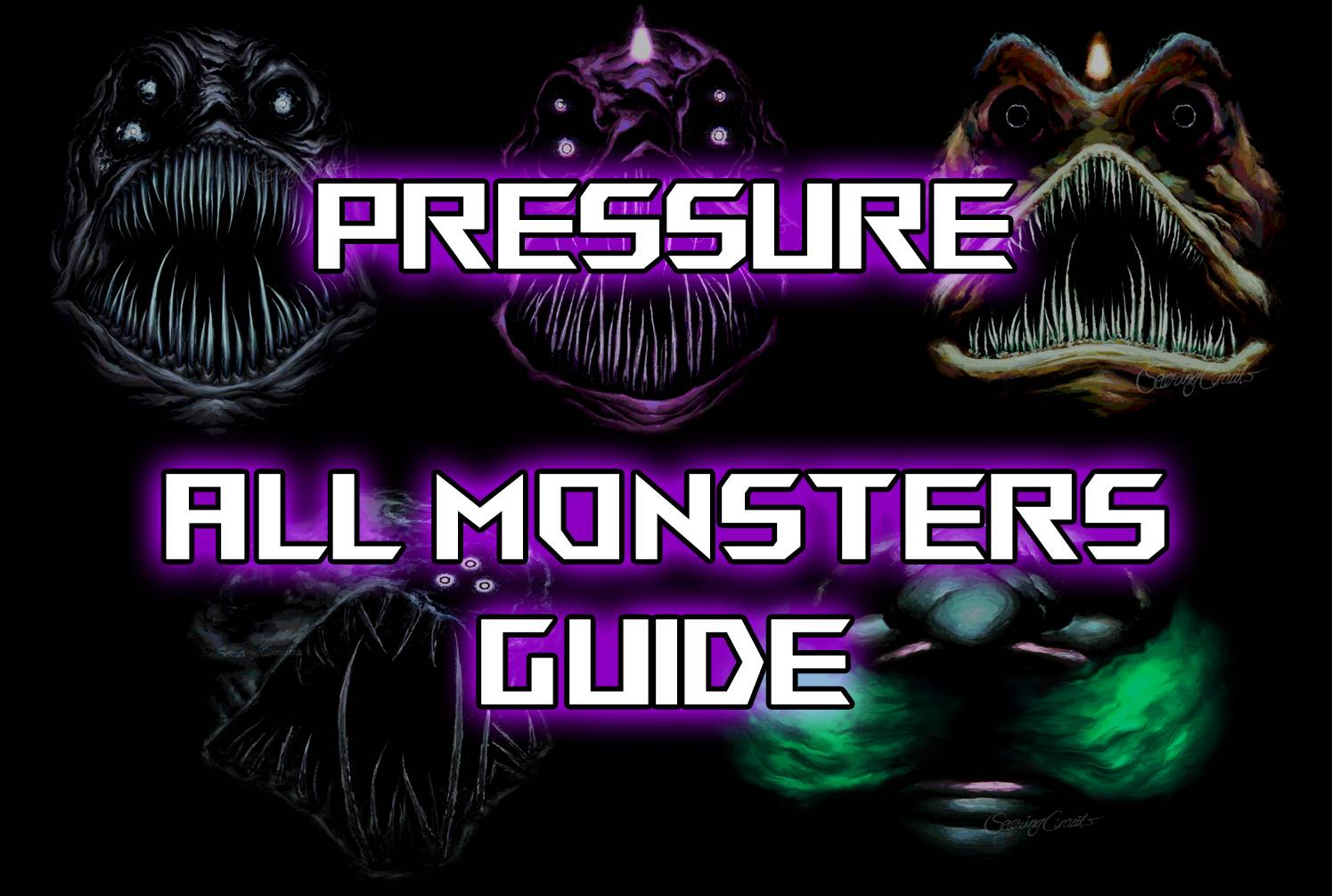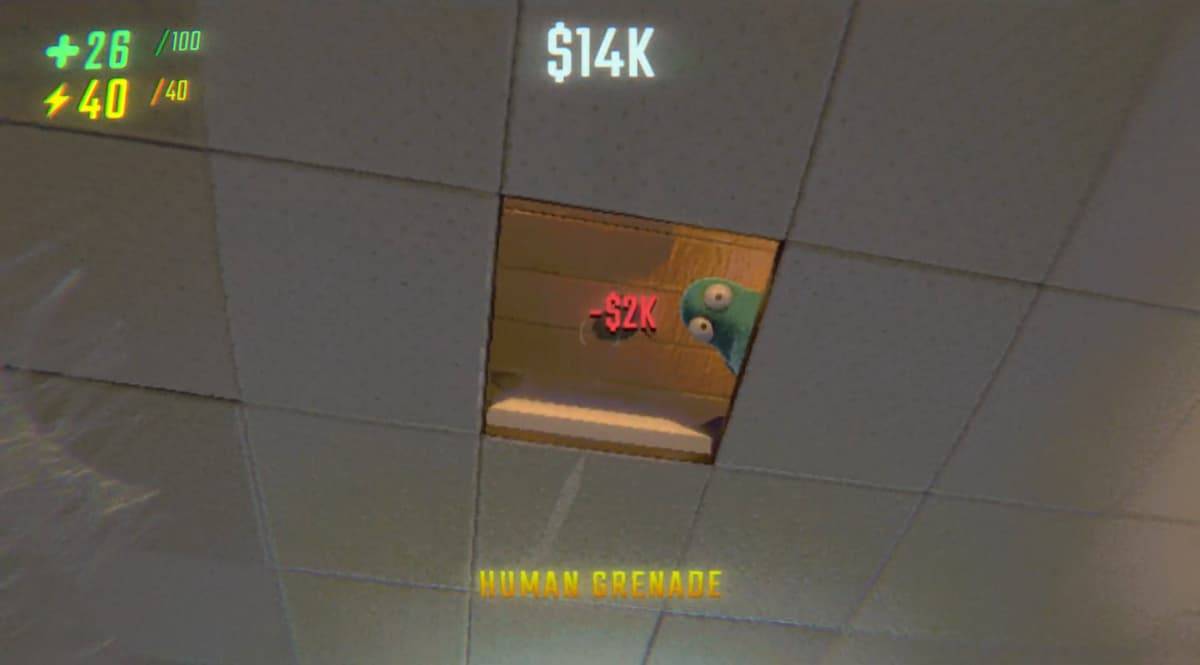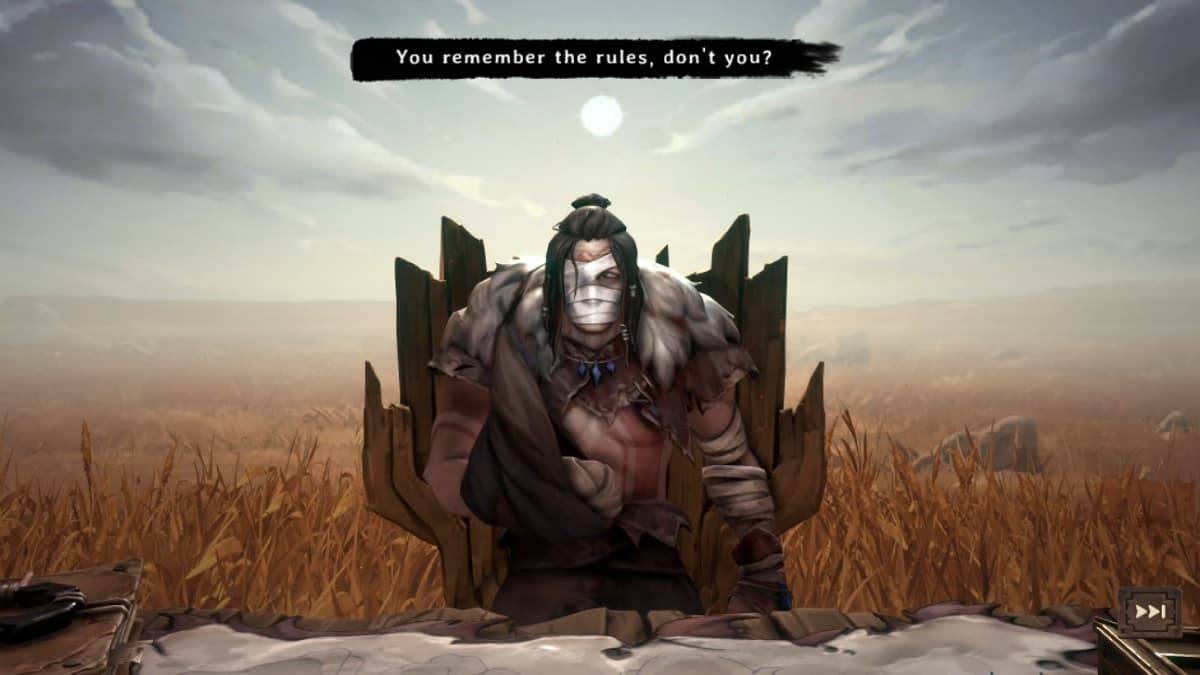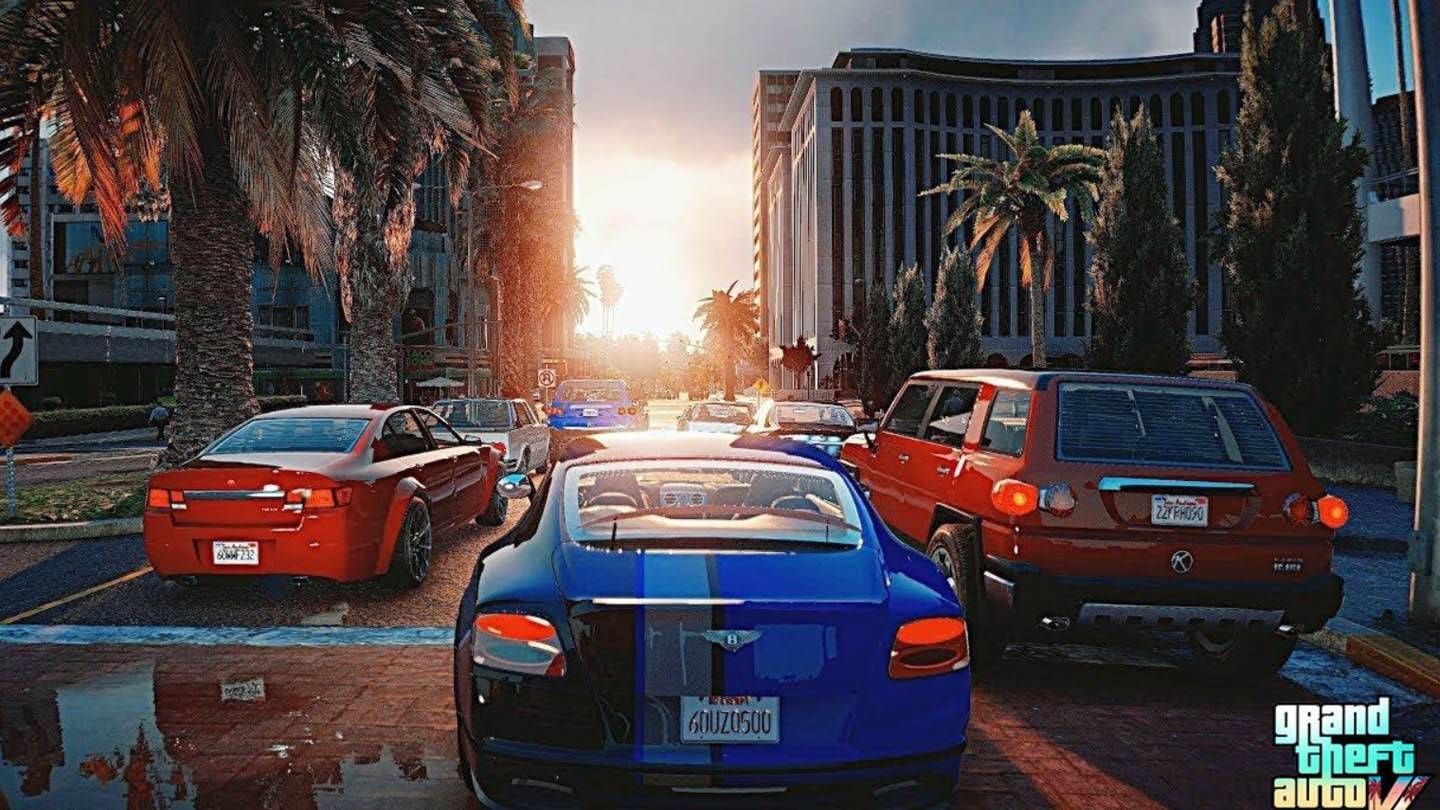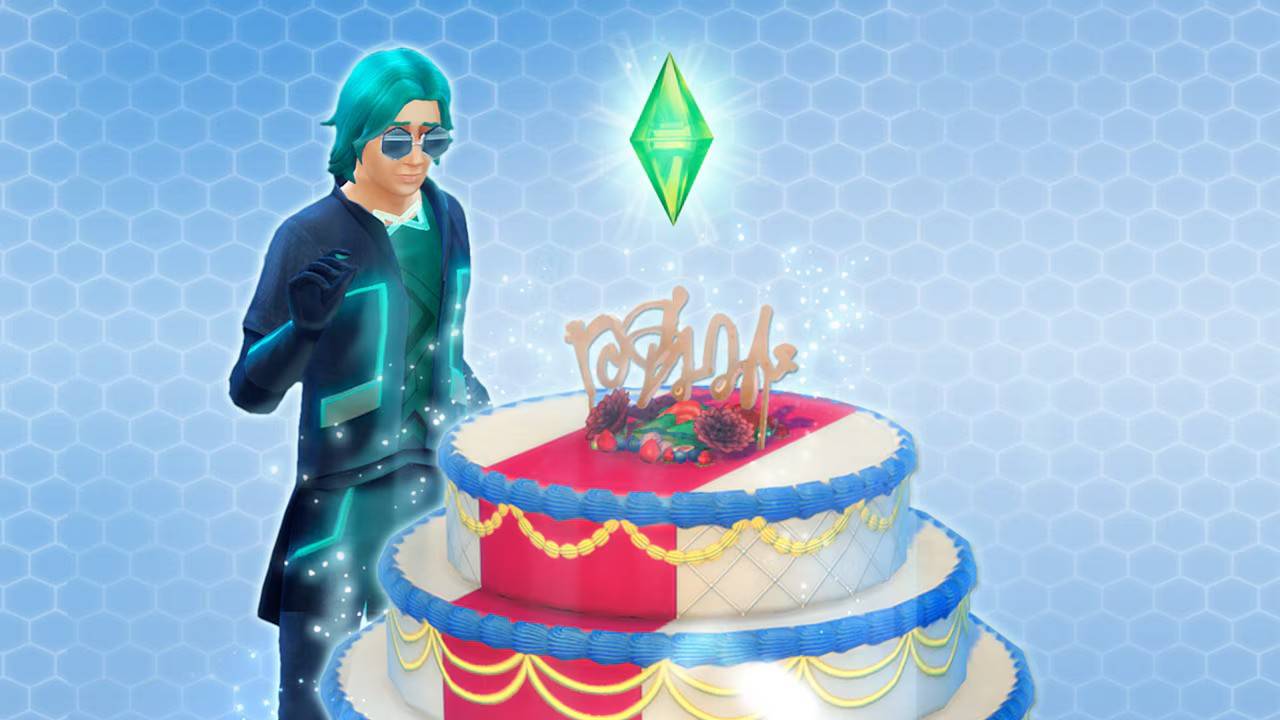Twenty years after the debut of the iconic game Ōkami, the revered deity Amaterasu, the embodiment of all that is good and the mother to us all, is poised for a grand and unexpected return. Announced at The Game Awards, a sequel to Ōkami is in the works, helmed by Hideki Kamiya, who has founded a new studio named Clovers after parting ways with PlatinumGames. With the blessing of IP holder Capcom, who will serve as the publisher, and the support of Machine Head Works—a studio filled with Capcom veterans that aided in the Ōkami HD remake—the project promises to be a reunion of talented minds, both old and new, dedicated to realizing the vision set forth by the original game.
While the teaser has stirred emotions and showcased the impressive lineup behind the sequel, details on the game itself remain scarce. Is it a direct follow-up, or something different? What sparked this project after such a long hiatus? And was that truly Amaterasu in the trailer, or merely a lookalike? To shed light on these questions, IGN had the privilege of visiting Kamiya, along with Capcom producer Yoshiaki Hirabayashi and Machine Head Works producer Kiyohiko Sakata, at their headquarters in Osaka, Japan. In a comprehensive two-hour interview, we delved into the essence of Ōkami, the sequel's development, the collaborative spirit driving the project, and the unique philosophies of their respective studios.
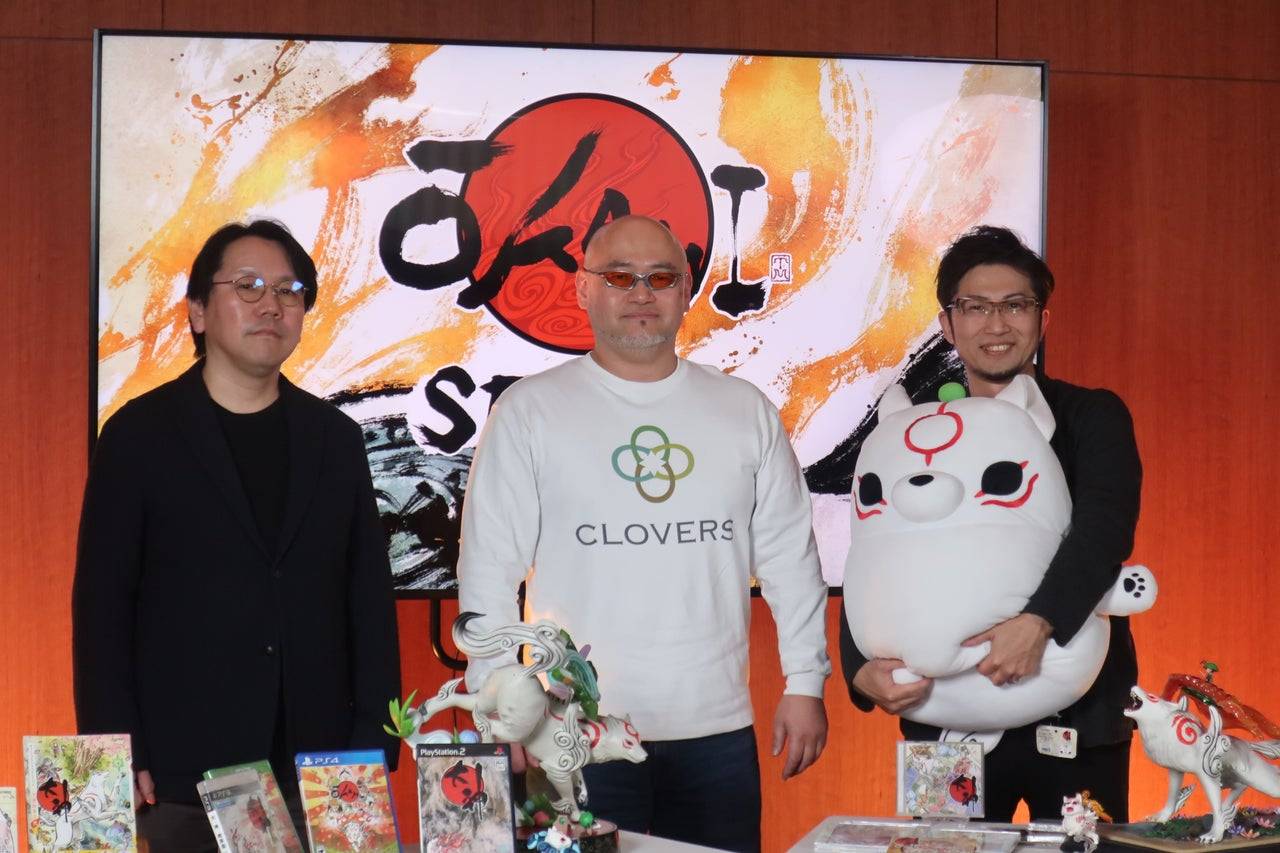
Here is the full Q&A from the interview, which has been lightly edited for clarity:
IGN: Kamiya-san, you've discussed your departure from PlatinumGames, citing a divergence in creative direction. You mentioned wanting to create games that only Hideki Kamiya could make. What core beliefs about game development are crucial to you, and how do you anticipate these shaping Clovers' future?
Hideki Kamiya: It's a complex question. In September 2023, I announced my departure from PlatinumGames after 16 years. The primary reason was a misalignment in the company's direction with my personal vision, though I can't delve into specifics. In game creation, the personality of the developers significantly influences the player experience. I sought an environment where I could fully express my vision, leading to the establishment of Clovers post-departure. This wasn't a premeditated decision but emerged from discussions with colleagues, culminating in a desire to build a development space that aligns with my goals.
What defines a Hideki Kamiya game? How would someone recognize your touch in a game without prior knowledge of your involvement?
Kamiya: A Hideki Kamiya game doesn't need to overtly announce itself as such. My focus is on crafting unique experiences, offering players something they haven't encountered before. That's the essence I strive to infuse into my games.
What's the connection between Clovers and Clover Studio, if any? Does the clover plant hold a special meaning for you?
Kamiya: Clovers continues the legacy I was proud of at Clover, which was Capcom's fourth development division. The four-leaf clover represents that division, a symbol I wish to carry forward. Additionally, 'C-lover' signifies our love for creativity, which is central to Clovers' ethos, reflected in our logo with four 'C's for creativity.
Given Capcom's significant involvement, was the idea to maintain a close relationship with them in place even before Ōkami became part of Clovers' plans?
Yoshiaki Hirabayashi: From Capcom's perspective, we've always cherished the Ōkami IP and desired a sequel. Kamiya's departure from his previous company was the catalyst for our project discussions, aligning with our long-term aspirations to continue the Ōkami legacy.
How did the idea for the Ōkami sequel come about? What prompted its revival now, and how did the project gain momentum?
Hirabayashi: We've continuously sought the right moment to revive Ōkami. The opportunity arose with Kamiya's departure, aligning key personnel and resources to make this dream a reality.
Kamiya: I've always harbored the desire to complete the Ōkami story, which I felt was unfinished. Casual discussions with friends, like Capcom's Jun Takeuchi, fueled this ambition. Leaving PlatinumGames provided the freedom to pursue this vision.
Kiyohiko Sakata: Ōkami has been a significant IP for Clover alumni. This project's timing felt right, with all elements in place for its realization.
Can you introduce Machine Head Works to our readers and explain its role in this project?
Sakata: Machine Head Works is a recent venture, originally inspired by M-Two's collaboration with Capcom. Our roots trace back to Capcom's fourth division, where we honed our skills under Mikami. We serve as a bridge between Clovers and Capcom, leveraging our experience with Capcom's RE Engine and our past collaboration with Kamiya to support the Ōkami sequel's development.
Hirabayashi: Machine Head Works also assisted with the Ōkami PS4 port and recent RE Engine titles, bringing valuable experience to the project.
Why choose the RE Engine for this project? What specific advantages does it offer for the Ōkami sequel?
Hirabayashi: [Pauses] Yes, the RE Engine is crucial for realizing Kamiya's artistic vision, though we can't share specifics at this stage.
Kamiya: The RE Engine is renowned for its expressive capabilities, meeting the high-quality expectations fans have for this game.
Capcom has wanted an Ōkami sequel for years, despite the original's modest commercial success. Why has Ōkami remained so special to Capcom?
Hirabayashi: Ōkami has a dedicated fanbase within Capcom. Despite its age, the game continues to attract players, evident in steady sales figures. It's a unique IP with enduring appeal.
Kamiya: Initially, we were unsure if Ōkami would reach a broad audience. However, subsequent releases and fan feedback have shown its widespread appreciation. The enthusiastic response to our announcement at The Game Awards further reaffirmed this, bringing me immense joy and gratitude.
The team assembled for this sequel seems ideal. Are there plans to involve other former Clover members? What about the recent gathering of former Platinum directors?
Kamiya: Several original Ōkami team members are involved through Machine Head Works, though we won't disclose names yet. The current team is more robust than before, thanks to modern development tools and the addition of skilled professionals.
Kamiya-san, in your interview with Ikumi Nakamura, you expressed a desire for a stronger team for the first Ōkami. It sounds like you've addressed this for the sequel.
Kamiya: Yes, while development is unpredictable, a stronger team increases our chances of success. We're open to welcoming more talented individuals.
Hirabayashi: We're excited to offer three different entry points into the project for potential contributors.
Did any of you replay the first Ōkami around the announcement?
Hirabayashi: I reviewed the game's cut content via a DVD included with the artbooks, though I haven't replayed it recently.
Kamiya: I was unaware of that DVD.
Sakata: My daughter played the Switch version recently. She found it accessible despite its age, highlighting Ōkami's intuitive guidance system.
Hirabayashi: My daughter also played the Switch version, describing it as a beautiful, inspiring game, which resonated with me.
Looking back on the original Ōkami, what are you most proud of? What do you hope to replicate in the sequel?
Kamiya: [Pauses] Ōkami's inspiration came from my love for nature in Nagano Prefecture. The game's narrative, balancing beauty and evil, deeply resonates with me. I want the sequel to continue this storytelling, appealing to players of all ages.
Since the first Ōkami, how have changes in game development and technology influenced your approach to the sequel?
Sakata: The original Ōkami aimed for a soft, hand-drawn visual style, which was challenging with the PS2 hardware. Today's technology, including the RE Engine, allows us to realize those original visions more fully.
Can you share any insights on the Nintendo Switch 2?
Hirabayashi: We can't comment on the Nintendo Switch 2 from Capcom's perspective. That's a topic for Nintendo.
Kamiya: Personally, I'd love to see the Virtual Console rebooted.
While details on the sequel's content are limited, are there any themes or stories you feel were underexplored in the original Ōkami that you wish to delve into now?
Kamiya: I have a clear vision for the sequel's theme and story, which I've been developing for years. It's a continuation of the original narrative.
Hirabayashi: Yes, the sequel directly follows the original Ōkami story.
Kamiya: We're not here to replicate fans' exact desires but to create an enjoyable game that meets their expectations. I'm mindful of fan feedback but focused on crafting the best possible game.
Can you confirm that Amaterasu is in the trailer we saw at The Game Awards?
Kamiya: I wonder. [Everyone laughs]
Hirabayashi: Yes, it is Amaterasu.
What are your thoughts on Ōkamiden? Will it be acknowledged in the sequel?
Hirabayashi: We recognize Ōkamiden's fans and their feedback. The sequel will focus on continuing the original Ōkami story.
How are you approaching the control system for the sequel, given the evolution in gaming and the original's controls?
Kamiya: We're still early in development, but we're mindful of updating the controls to suit modern gamers while respecting the original game's feel. We'll explore various ideas to enhance the gameplay experience.
Is it correct to say the sequel is in very early development?
Hirabayashi: Yes, we just started this year.
Why announce the sequel so early at The Game Awards last year?
Hirabayashi: We were excited and wanted to share our plans. It was important for us to convey that this project is becoming a reality.
Kamiya: Announcing it felt like a relief, turning a dream into a tangible promise to our fans.
Are you concerned about fans' impatience as the game's development progresses?
Hirabayashi: We understand fans' eagerness, but we're committed to delivering a high-quality game without rushing. We ask for their trust and patience.
Sakata: We'll do our best to meet their expectations.
Hirabayashi: We won't sacrifice quality for speed but will work diligently to bring the game to life.
Kamiya: We'll keep our heads down and work hard, asking fans to stand by us as we progress.
Was the video at the end of Ōkami, showing Amaterasu running with trees springing up, an inspiration for the sequel's teaser?
Sakata: Not directly, but it reflects our commitment to the original game's vision, which may explain similarities noticed by fans.
Hirabayashi: The teaser's background music was inspired by the original game, resonating with fans.
Kamiya: The song, composed by Rei Kondoh, carries the spirit of the original into the sequel's teaser.
What's currently inspiring you? What other media are you enjoying?
Kamiya: The Takarazuka stage shows, particularly the Hana group, inspire me with their unique performances and stage settings. Their live, unedited nature influences my approach to game design.
Sakata: I enjoy smaller stage groups like Gekidan Shiki, valuing the live, interactive experience. This influences our goal to create games that offer players choice and immersion.
Hirabayashi: I'm inspired by movies, particularly the latest Gundam film, Gundam GQuuuuuuX. Its emotional depth and different perspectives resonate with me as a creator.
What does success for the Ōkami sequel look like to each of you?
Hirabayashi: Personally, I want fans to enjoy the game beyond their expectations.
Kamiya: Success for me is creating a game I'm proud of and that aligns with my personal vision, even if it doesn't always match fans' expectations.
Sakata: Success is when players, both seasoned and new, enjoy the game. From Machine Head Works' perspective, it's about achieving the director's vision.
What does success look like for your respective studios in the next decade? Do you envision returning to Capcom or developing your own IP?
Sakata: For Machine Head Works, success means continuing to create games 10 years from now, regardless of specific goals or numbers.
Kamiya: Clovers' success involves growing our team with like-minded individuals, focusing on collaboration rather than specific projects.
All three wanted to share a final message directly to the fans:
Hirabayashi: We're working hard to realize our dream of creating the Ōkami sequel. Please wait patiently for its realization.
Sakata: This project is driven by our love for the series. We're committed to meeting your expectations.
Kamiya: This project is deeply personal, but your cheers made it possible. Thank you to everyone, Capcom, and Machine Head Works for your support. We hope you'll enjoy the game we're creating together.




